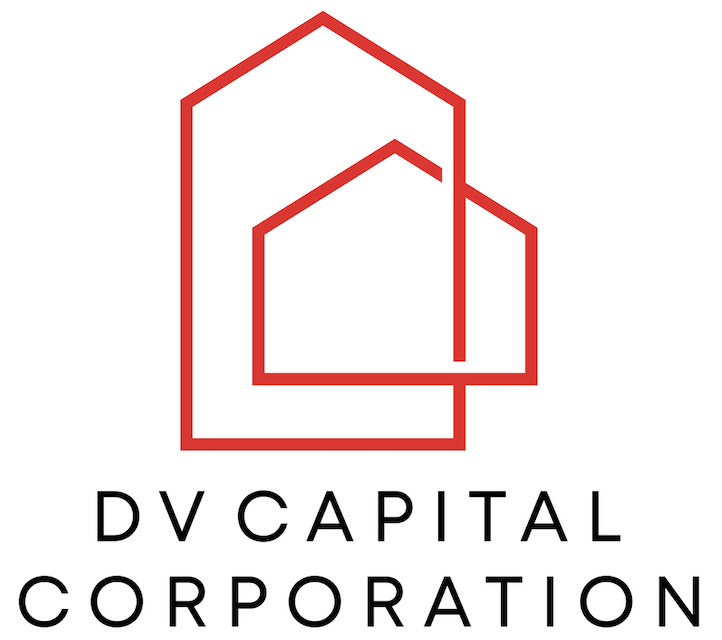DV Capital: Mortgage Broker & Private Lender Services.
What is a Mortgage Sliding Scale?
What you need to know.
“Home Equity Loan Experts!”
K.M. - Toronto Homeowner

What is a mortgage sliding scale?
A mortgage sliding scale refers to an underwriting policy that most mortgage lenders, including traditional, alternative and private lenders, abide by when lending on homes that exceed a specific purchase price or value threshold. Depending on the location, purchase price or home value, a mortgage lender may apply a sliding scale that reduces the total amount of money they will lend on a mortgage transaction. Most lenders have different sliding scale policies surrounding the purchase price or property value threshold that triggers a sliding scale and the percentage above the threshold they will finance.
examples of a Mortgage Sliding Scale.
For example, if a homebuyer is looking to purchase a house for $1,100,000, a mortgage lender might fund a 1st mortgage at 80% loan-to-value, resulting in a mortgage amount of $880,000 and a down payment requirement of $220,000. However, the same lender, on the purchase of a $2,500,000 property may only provide a 1st mortgage at 80% on the first $2,000,000 of the purchase price and 50% on the $500,000 balance, thus resulting in a mortgage amount of $1,850,000, a total loan-to-value of 74%, and a down payment requirement of $650,000, which works out to an additional $150,000 than if the mortgage lender was to provide a 1st mortgage to 80% loan-to-value on the entire $2,500,000 purchase price in the absence of a sliding scale policy.
In the example of an existing homeowner looking to refinance an existing mortgage or access the equity in their home, the essence and outcome of a sliding scale policy are similar. Say that the homeowner’s home appraised at $1,100,000, and they are looking to obtain a new 1st mortgage for $880,000. Assuming they qualify, the homeowner should have no difficulty obtaining said mortgage, provided the lender doesn’t have a sliding scale policy triggered based on a $1,100,000 home value. However, if a homeowner is looking to obtain a new 1st mortgage for $2,000,000 on their home appraised at $2,500,000, if a sliding scale is triggered, using the same policy in the purchase example above, the homeowner would be limited to a total borrowing amount of $1,850,000.
Why are Mortgage Sliding Scales Used?
A mortgage sliding scale policy limits the capital lenders provide on high-valued real estate, a relatively less marketable housing segment, to mitigate risk and loss in a market downturn. For instance, say that a housing market suffers a 10% value downturn. On a home worth $1,100,000, a 10% value decrease is $110,000. On a home worth $2,500,000, a 10% value decrease is $250,000. Therefore, the potential for losses in a market downturn on higher-valued homes is magnified from a dollar perspective and could face more value fluctuation than level-entry-priced homes. At one time, a mortgage sliding scale policy affected a relatively small segment of the market; however, as home values in most primary and secondary markets experience value increases, a mortgage sliding scale can materially impact the equity existing homeowners can access and require purchasers to provide larger down payments, potentially, outside of their budgets.
How to work around a mortgage sliding scale.
Although mortgage sliding scale policies are standard with traditional, alternative and private mortgage lenders, the reality is that policy details and requirements vary with each mortgage lender. In other words, depending on your mortgage requirements, whether you are looking to purchase or refinance a property, the purchase price or appraised value, the location of the property and the mortgage amount that you are seeking, you want to align yourself with an experienced and resourceful mortgage firm that can help you source viable mortgage options. So, while there might not be an exact mortgage sliding scale walk-around per se, there might very well be a more flexible option for you around the corner. For more information and mortgage sliding scale policies, please do not hesitate to contact DV Capital if you are looking to purchase or currently own real estate in Ontario, British Columbia or Nova Scotia.
General Inquiry.
Media Features.
Toronto Private mortgage Lender
DV Capital often makes appearances in many leading Canadian news outlets and mortgage industry features as an informed provider of ‘boots on the ground’ insights into the Canadian Mortgage Market.

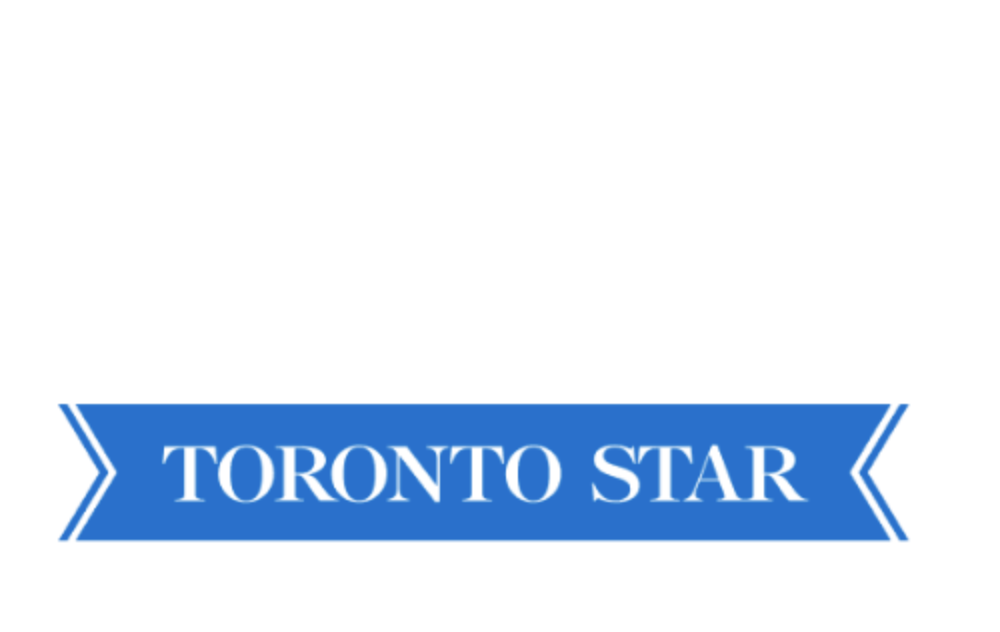
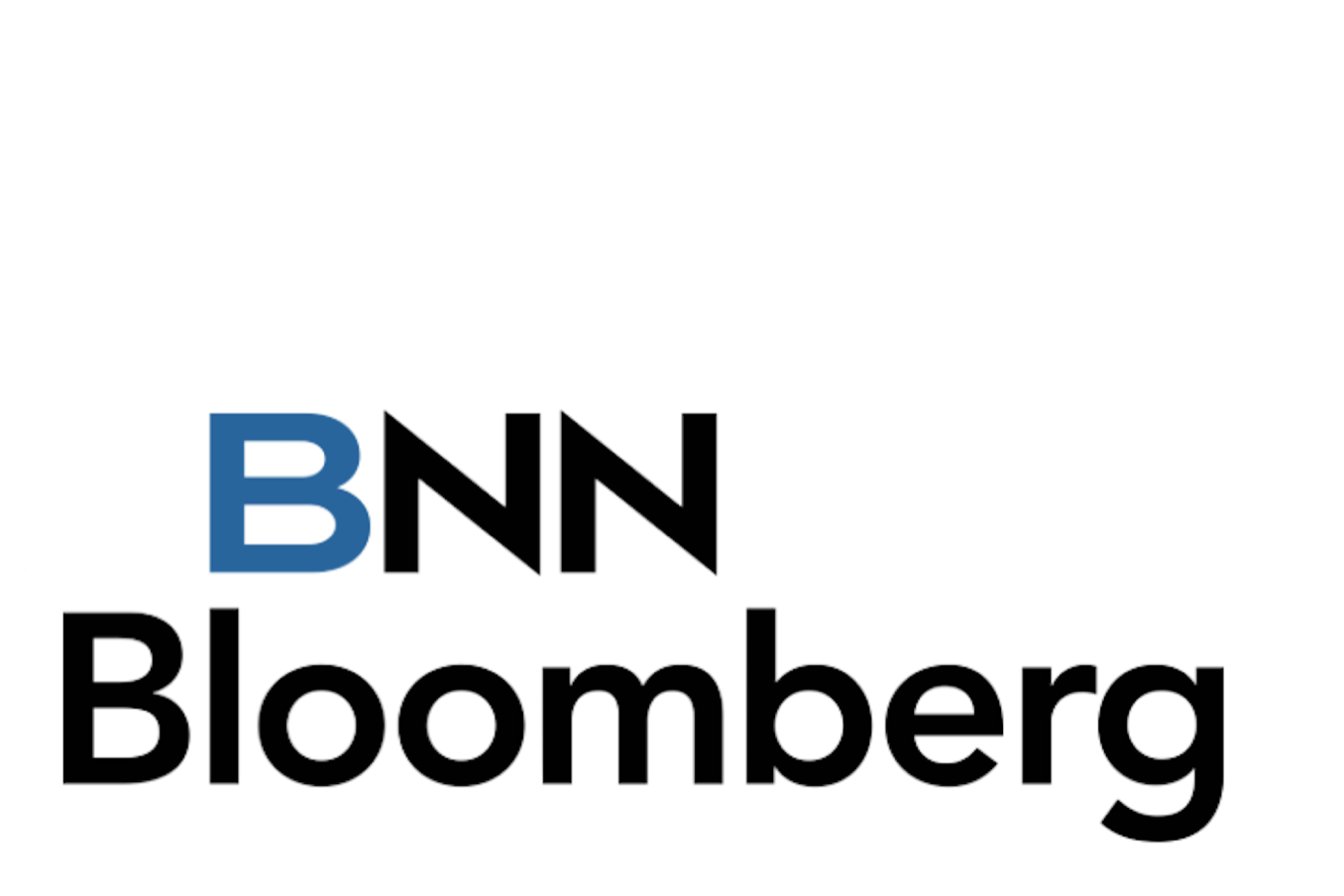

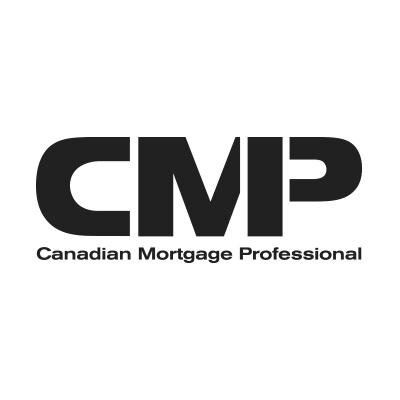

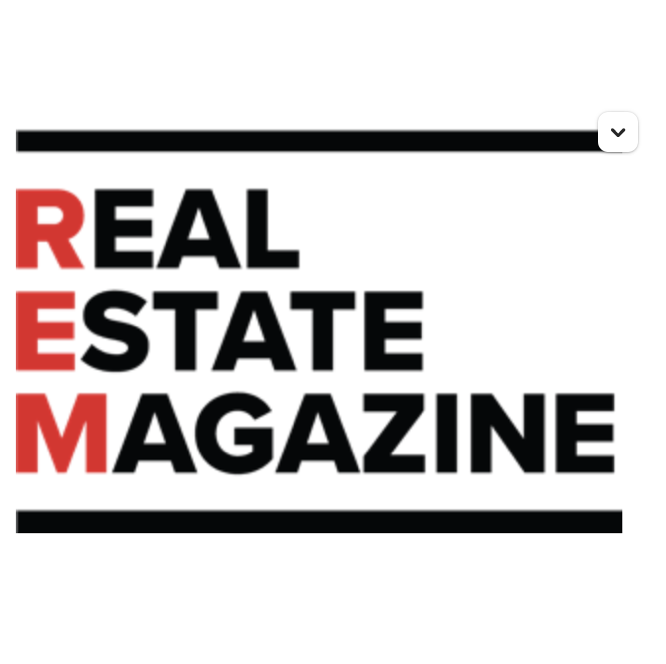




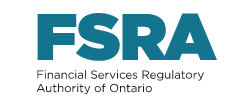

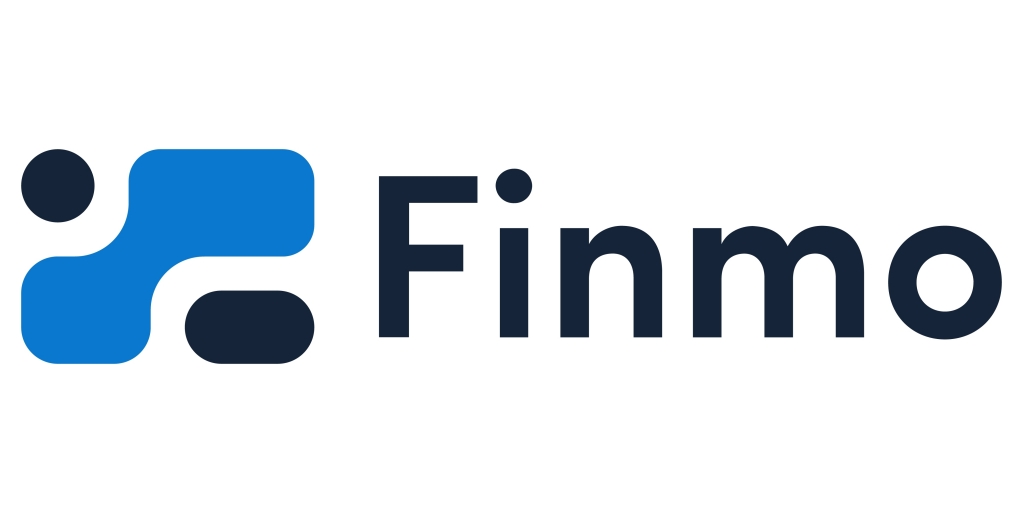

Industry Affiliation.
A Canadian Mortgage Company.
DV Capital utilizes industry-leading technology for an optimal client experience and maintains memberships with various mortgage industry organizations across Canada.
Blog.
your mortgage Resource Guide.
We invite you to view our insights on various mortgage related topics – feel free to contact us directly anytime.
Hear it from our Clients.
Mortgage Newsletter.
We’ll keep you posted on a need-to-know basis about mortgage rates, industry insights, updates and examples of recently funded mortgages. Thank you for providing us with CASL-consent to receive electronic messages, you can easily unsubscribe anytime.
